A legal propaganda session for people in the highlands.
Implementing Decision No. 14/2019/QD-TTg of the Prime Minister on the construction, management and exploitation of legal bookcases (TSPL), Thanh Hoa province has promptly issued guiding documents, integrating the task of disseminating and educating the law (PBGDPL) into the annual work plan of the Department of Justice and grassroots levels. The organization, management and exploitation of bookcases is not just a formality, but is identified as one of the most practical tools to improve people's legal capacity.
At the Provincial Coordination Council for Legal Education, the development of TSPL is closely linked to the assessment of communes meeting legal access standards, the movement "All people unite to build cultural life in residential areas", the activities of community learning centers and grassroots cultural institutions. In particular, our province focuses on implementing TSPL in mountainous communes and particularly difficult areas and considers this a highlight to narrow the gap in legal access between regions.
According to statistics, the whole province currently maintains more than 500 commune-level TSPLs, including nearly 200 bookcases located in remote communes and ethnic minority areas. In addition to maintaining basic legal books, many localities also supplement brochures, question-and-answer handbooks, legal handbooks on the fields of land, marriage, civil status, criminal law, administration, etc. to meet practical needs.
Thanh Hoa is also one of the leading localities in digitizing legal documents. The provincial PBGDPL information page regularly updates e-books and new legal documents, and supports localities in creating QR codes at commune headquarters, cultural houses, and medical stations for people to conveniently look up. In particular, the Department of Justice closely coordinates with the Department of Culture, Sports and Tourism, the Provincial Police, the Border Guard Command... to build bookcase models at armed units, schools, and community activity points. A typical example is the "Mobile Law Bookcase" model of the Provincial Police, which has donated thousands of books to disadvantaged communes in the districts of Thuong Xuan, Quan Son, and Muong Lat (old). The bookcase at the commune police headquarters not only serves officers and soldiers but also supports the resolution of civil and criminal cases in the locality.
Not only in rural areas, the TSPL model in schools also brings about clear results. Cam Giang Secondary School built a "School Law Bookshelf" in the library, helping students learn about the Law on Traffic Safety, School Violence Prevention, Children's Law... Competitions "Learning the Law through Books", painting, and dramatization are gradually making the law closer and more vivid in school life.
Despite many positive results, the process of building and exploiting the legal library in Thanh Hoa is still facing many difficulties. In some mountainous communes, the number of legal books has not been updated regularly; there is a lack of specialized staff to manage the legal library; the budget for supplementing books is limited. Specifically, the minimum expenditure according to regulations is 3 million VND/cabinet/year, but in many communes, especially mountainous communes, the limited budget makes supplementing legal books and documents often difficult. Many legal library must "live off" the allocation from the province or support from social organizations.
In addition, the staff managing the TSPL at the commune level are mainly judicial and civil status officials who hold many concurrent jobs. They are responsible for notarization, household registration, and civil status, but also for legal dissemination and book management, leading to limited updating, book introduction, and organization of exploitation activities. In some localities, TSPL has not really been "opened" in the true sense, service hours coincide with office hours, making it difficult for people to access, especially farmers and freelancers. On the other hand, many people, especially in remote areas, are still hesitant or do not have the habit of learning about the law through books. Instead, they choose to ask acquaintances or "look online", even though the information on the internet is sometimes unofficial or misleading.
Faced with the above situation, it is extremely necessary to renew the thinking and method of implementing TSPL. The solution does not lie in "opening more cabinets" but in "connecting books with people". First of all, it is necessary to increase digitalization, develop electronic TSPL at the commune level, connect with the national legal database, equip more reading devices at cultural houses and public libraries. In addition, it is necessary to diversify the forms of exploitation such as: integrating legal book reading activities into Party cell meetings, people's meetings, village conferences; organizing competitions, dramatization, and telling legal stories based on books to increase interest. In particular, it is necessary to continue to replicate the model of judicial officers and mediators bringing books to villages such as "mobile book bags", "legal reading corners", "handbooks for mediation teams"... to bring knowledge closer to the people.
Legal knowledge cannot be spread if it just stays in the closet. It needs to be awakened by dedication, closeness to the people and creativity in the way of conveying it. When each citizen has timely and proper access to legal information, it is also the time when society takes a step forward on the path of fairness, civilization and rule of law.
Article and photos: Tran Hang
Source: https://baothanhhoa.vn/khi-tri-thuc-phap-luat-lan-toa-tu-nhung-trang-sach-254340.htm


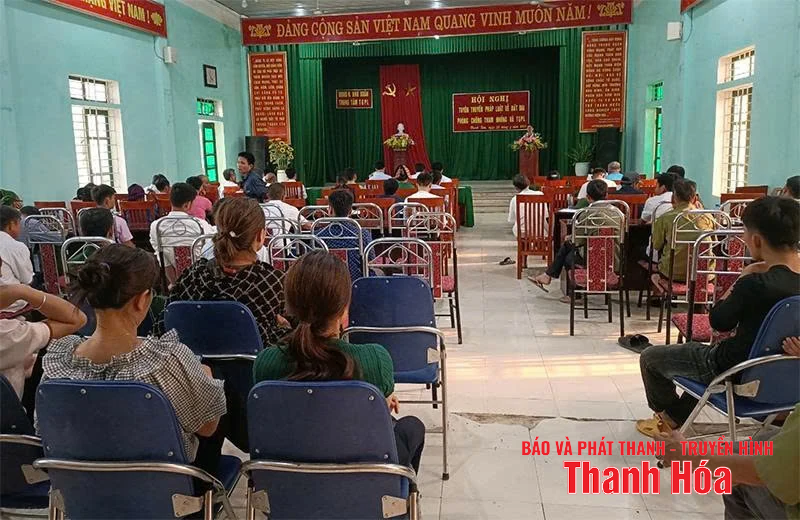


![[Photo] Hanoi morning of October 1: Prolonged flooding, people wade to work](https://vphoto.vietnam.vn/thumb/1200x675/vietnam/resource/IMAGE/2025/10/1/189be28938e3493fa26b2938efa2059e)



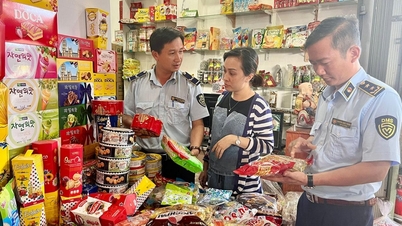



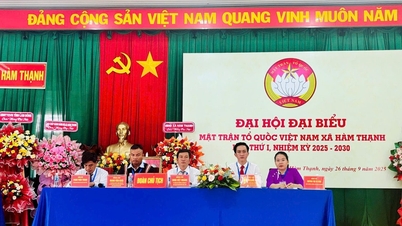

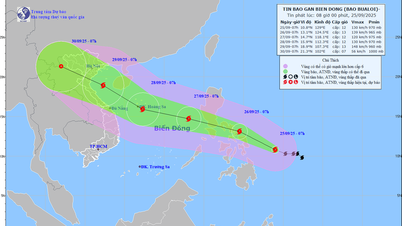

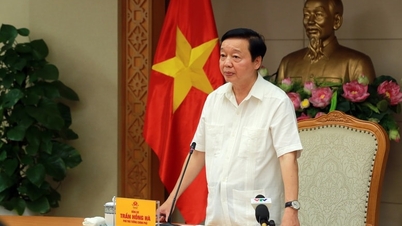



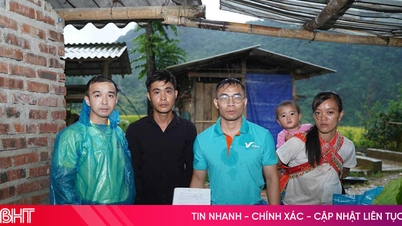



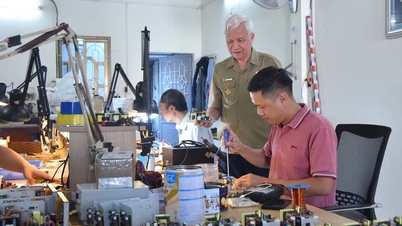
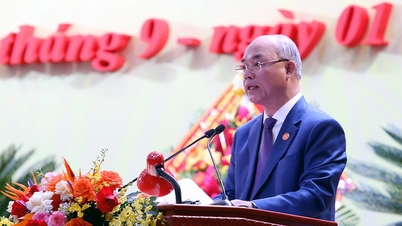

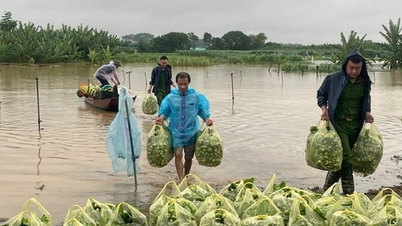

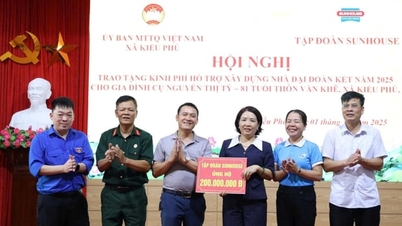







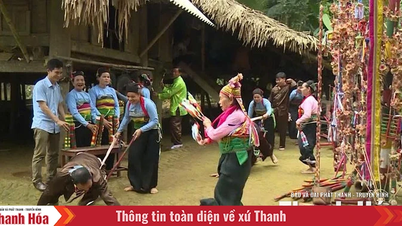


![[Photo] Panorama of the cable-stayed bridge, the final bottleneck of the Ben Luc-Long Thanh expressway](https://vphoto.vietnam.vn/thumb/1200x675/vietnam/resource/IMAGE/2025/9/30/391fdf21025541d6b2f092e49a17243f)
![[Photo] President Luong Cuong receives President of the Cuban National Assembly Esteban Lazo Hernandez](https://vphoto.vietnam.vn/thumb/1200x675/vietnam/resource/IMAGE/2025/9/30/4d38932911c24f6ea1936252bd5427fa)























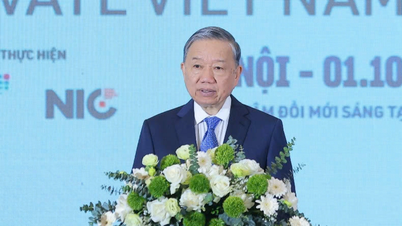

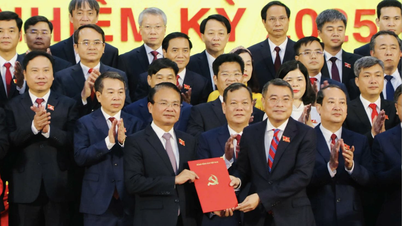

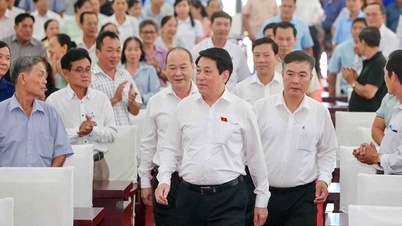
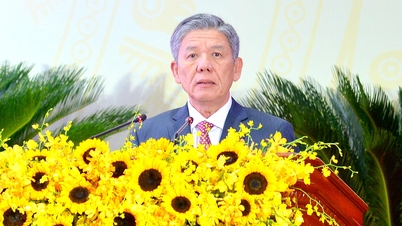






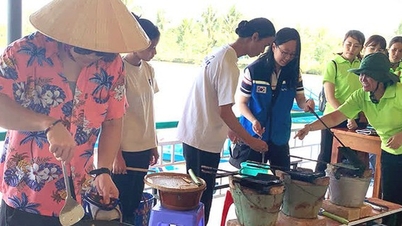

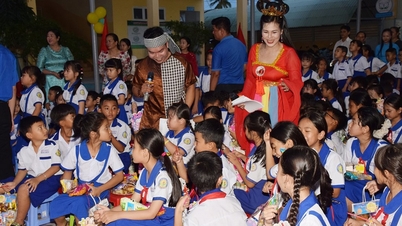
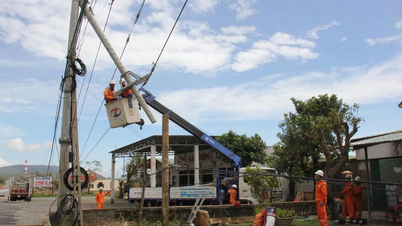



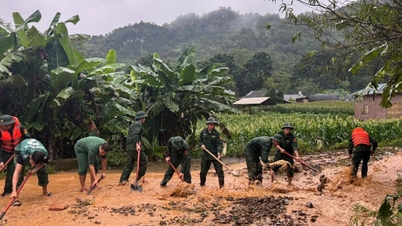

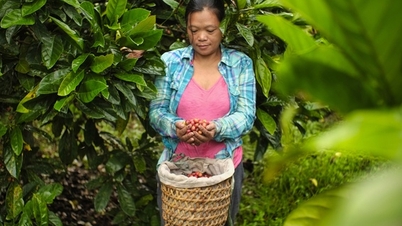
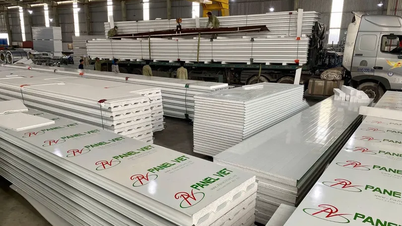













Comment (0)